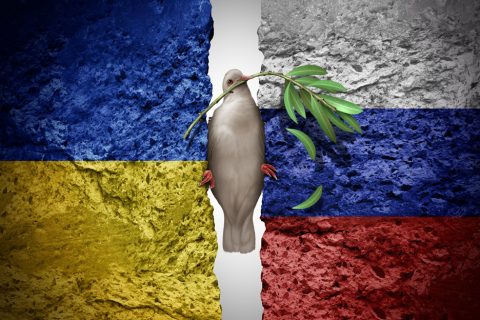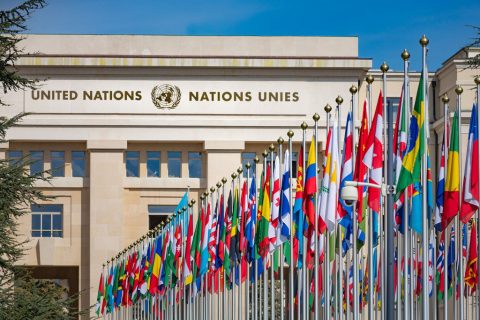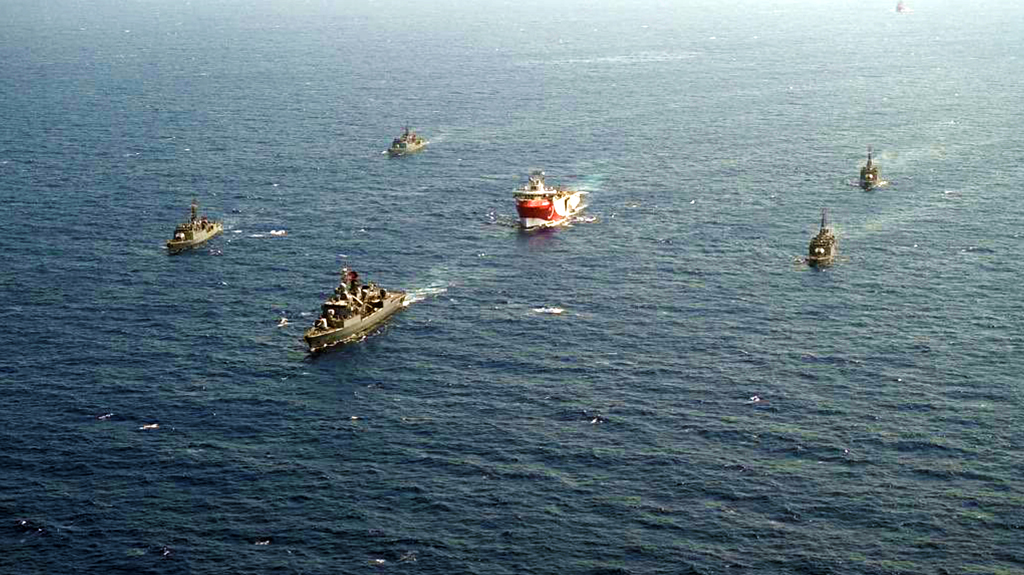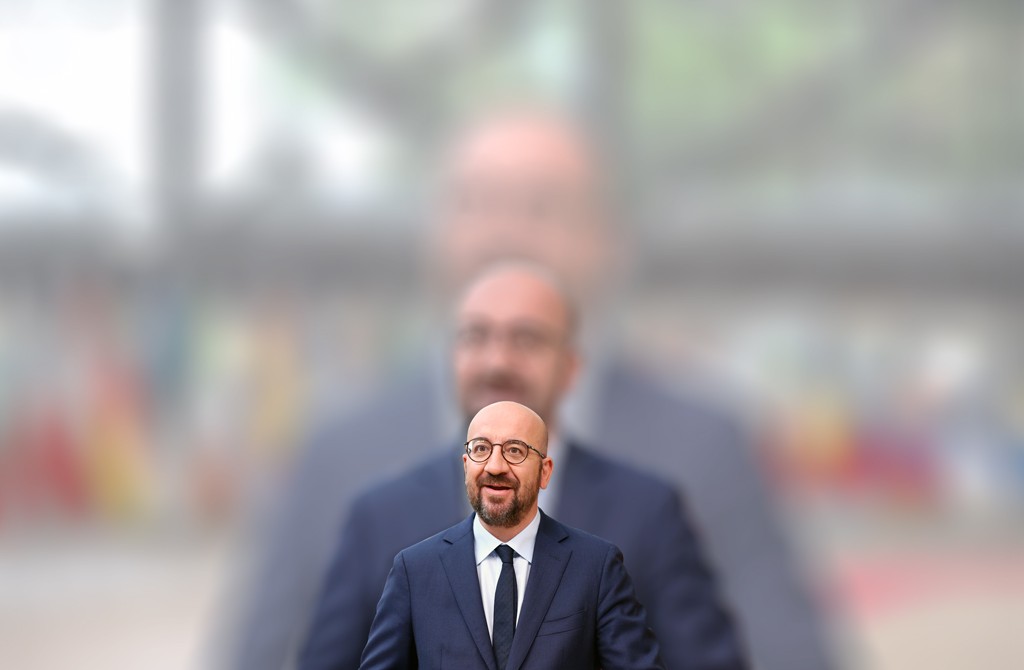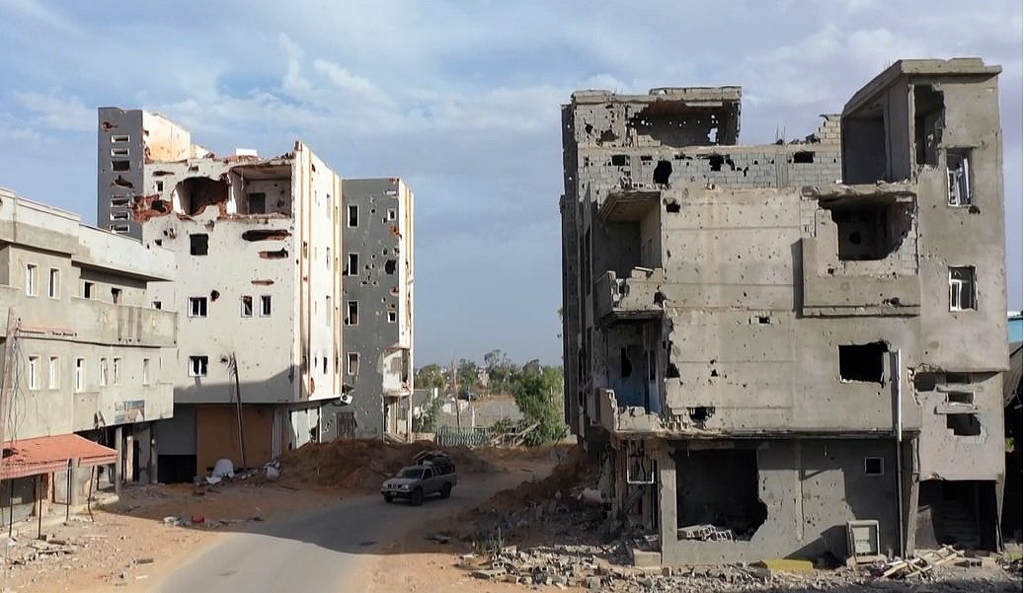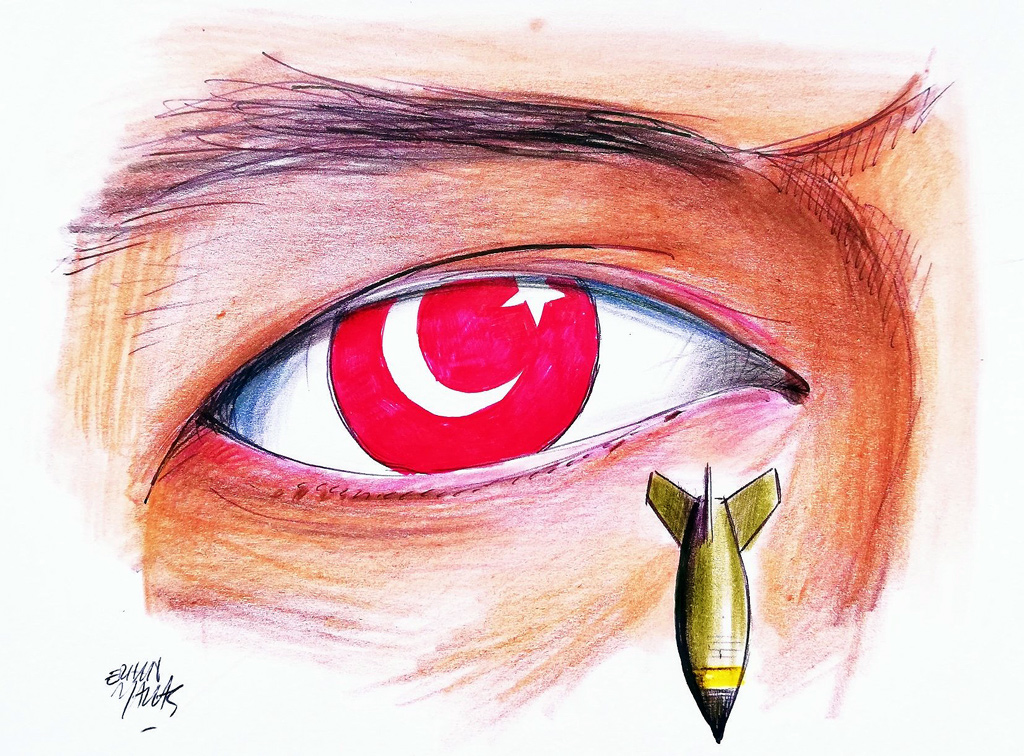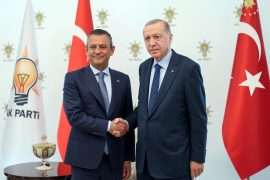Russian Foreign Minister
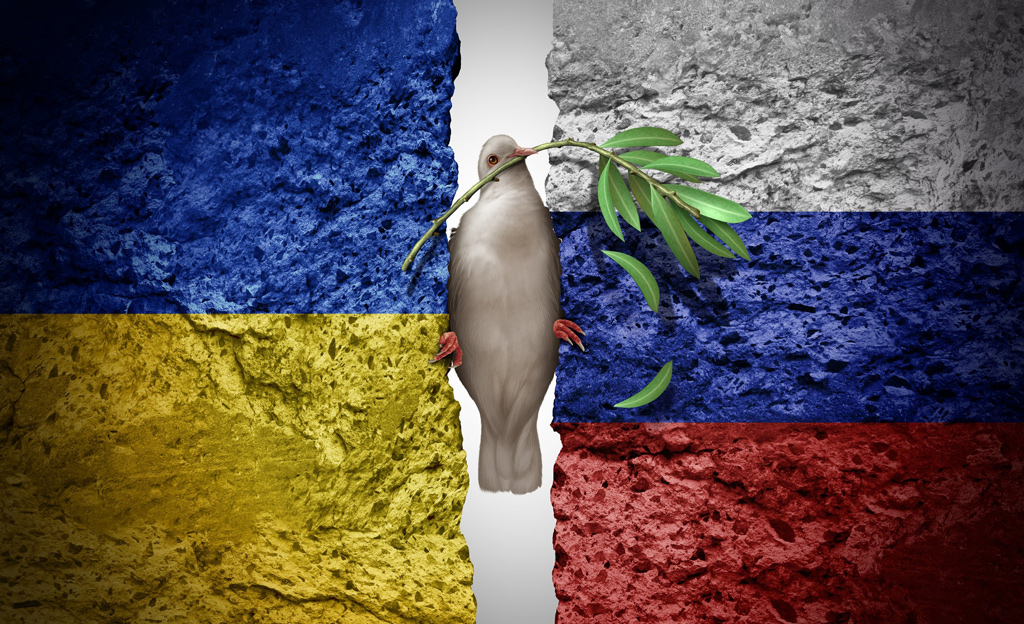
Turkey’s meditation has just begun
| OpinionThe meeting of Russian Foreign Minister Sergey Lavrov and Ukrainian Foreign Minister Dmytro Kuleba, which …
-
Opinion
Turkey’s meditation has just begun
By Burhanettin DuranThe Antalya Diplomacy Forum witnessed a historic moment where the significance of Turkey's mediation for the Russia-Ukraine war was truly felt
-
Opinion
Turkey’s role in the Ukrainian crisis
By Burhanettin DuranTurkey, which did not recognize the annexation of Crimea, supports Ukraine’s territorial integrity. At the same time, it wants Russia and Ukraine – countries, with which it has cordial relations – to resolve the Donbass crisis through negotiations. Again, Russia could find it more suitable to work with Turkey in the Black Sea, as it already does in the Caucasus.
-
Opinion
Crisis deepens in the international system and United Nations
By Muhittin AtamanWe are living in an age of crisis, with the world's economic and political system more complicated than ever due to the unfair actions of the U.N. and U.S.
Bu Konuda Daha Fazla
-
Turkey’s new gas reserves and Black Sea geo-politics
By Burhanettin DuranAs Turkey grows stronger, it must develop a new kind of relationship with not just the Western alliance but also Russia. The Black Sea may be a geopolitical space where that claim will be put to the test.
-
Turkey in the Eastern Mediterranean: Maritime Disputes and Geopolitical...
By Kadir ÜstünRecent tensions in the Eastern Mediterranean have multiple drivers including the race for exploitation of energy resources, long-standing maritime disputes, and the broader geopolitical competition between regional powers. While Turkey’s recent assertiveness of her rights in the Eastern Mediterranean drew renewed attention to the region, this round of confrontation has been long in the making.
-
Why carrot-and-stick approach does not work in East Med
By Burhanettin DuranThe Eastern Mediterranean question, like a ghost train, shuttles around and around, plunging the global agenda into fright with each passing day.
-
France, Greece face biggest problem in East Med
By Burhanettin DuranLibya has become a major focal point of the power struggle in the Eastern Mediterranean. That country’s future is directly related to energy politics, European security and North Africa’s stability. The United States Africa Command’s (AFRICOM) most recent announcement about Russian aircraft bombing Libyan government forces in Sirte demonstrated how closely Washington is watching the Russian presence in Libya – despite major distractions like the upcoming presidential election.
-
Renewable alliances and maunderers in Idlib
By Meryem İlayda AtlasRussia's eagerness to have a presence in the Mediterranean is an old, well-known and deep-rooted policy. Syria, the country that could offer Russia the best chance of reaching the Mediterranean, presented an incredible opportunity for the country to implement its policy of reaching warmer seas when Bashar Assad called for help from Moscow in 2015. Russia has already developed good relations with countries such as Iran and Syria to contain NATO countries and U.S. allies in this region.
